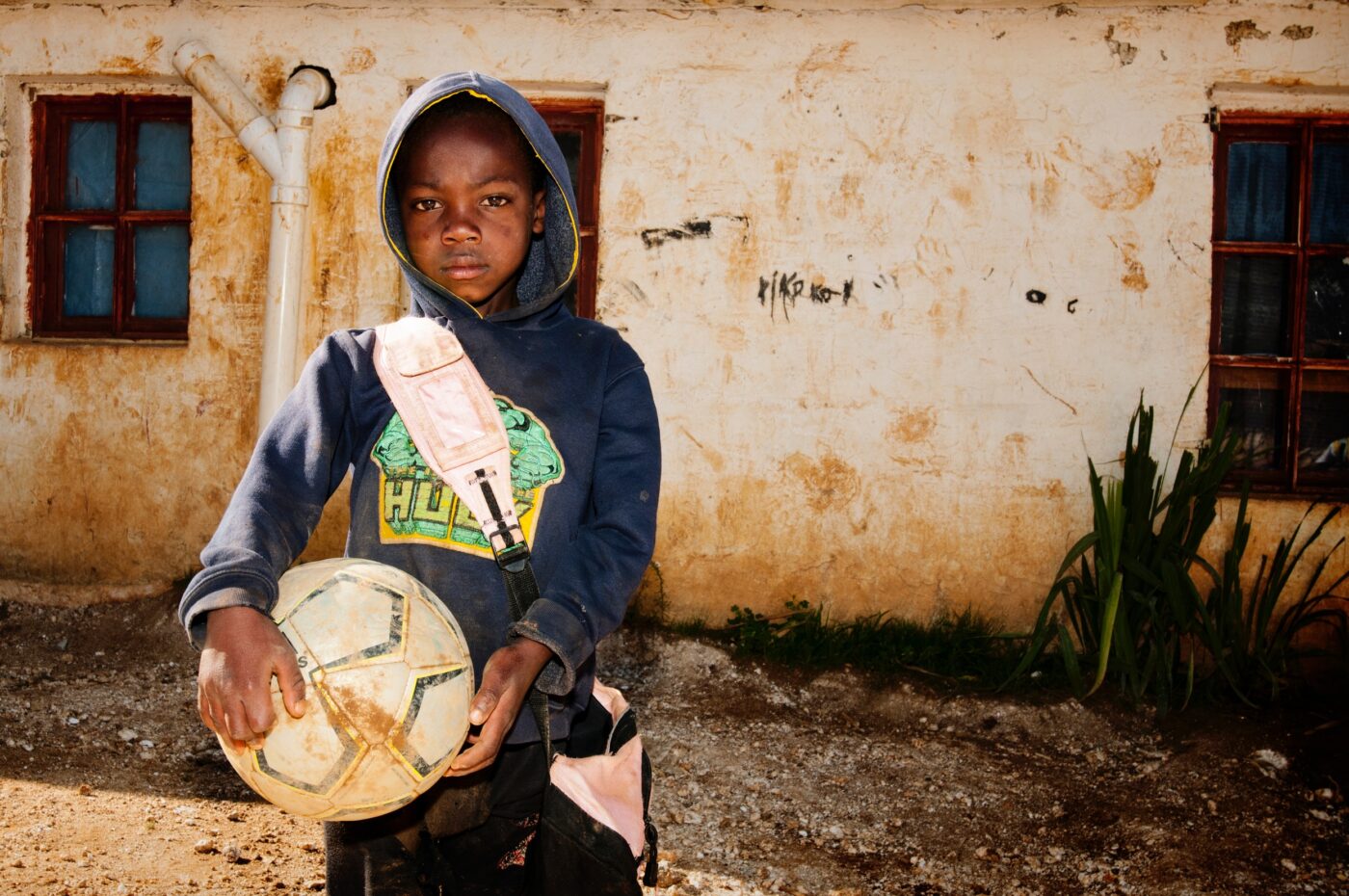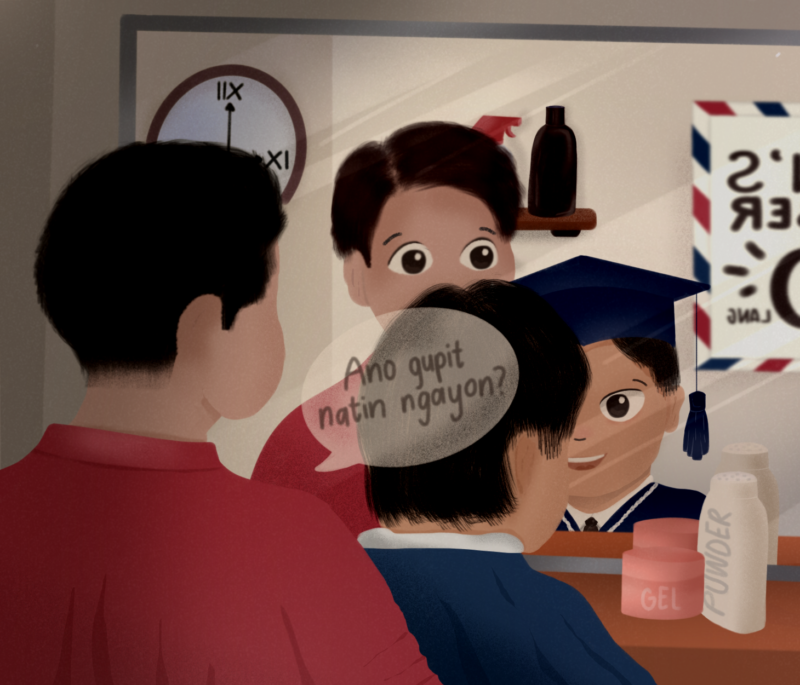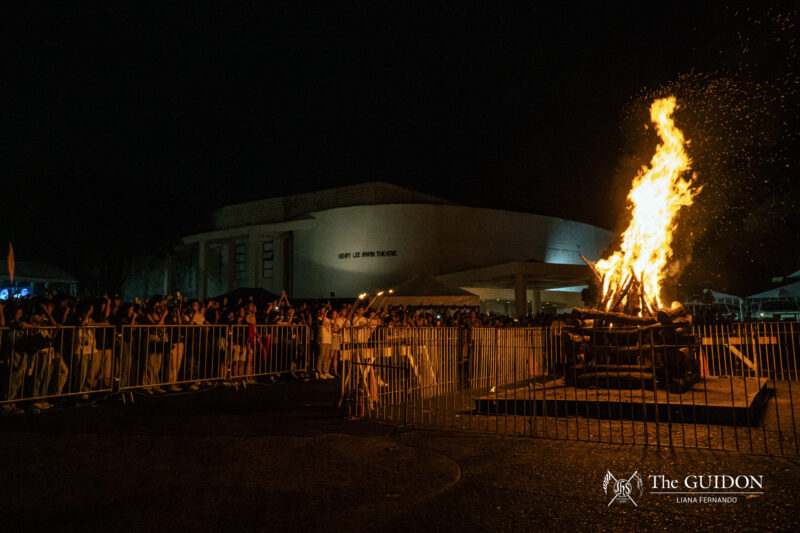IN APRIL 2016, Cable News Network (CNN) Digital’s News Desk Editor Mariano Castillo bore witness to a modern-day crisis on his early morning drive along the roads of Santo Domingo, Dominican Republic. He turned on the radio to hear two hosts discussing a campaign supporting Haitian immigration through the boycotting of Dominican products.
“The Haitians say they want to boycott Dominican products. So they will eat dirt, since you know the Haitians eat dirt.”
“How are Haitians going to eat, since they can’t produce anything? They are ungrateful.”
Castillo changes the station at this point only to hear similar sentiments against Haitians from radio hosts in other stations, describing the former as unsanitary and unappreciative of the Dominican Republic.
This kind of rhetoric barely scratches the surface of the centuries of neglect, abuse, and crippling discrimination that continue to plague Haiti. The country claimed its title as the world’s first black republic after gaining independence from France in 1804 through the Haitian Revolution. Despite its freedom from the clutches of colonization, Haiti faced new struggles. Aside from attempting to gain world recognition, it had to find ways to allocate funds for agricultural rehabilitation and its payment of reparations to France.
Haiti’s initial debt of 150 francs in gold was paid from 1825-1947 through loans taken from from American, German, and French banks with exorbitant interest rates. Unfortunately, the Haitian government became riddled with corrupt leaders that looted the money for the debt payment. Aside from the loss of plantations and the scarcity of food, manpower greatly suffered as Haitian slaves were deemed France’s most valuable asset in the Caribbean. An American occupation followed after U.S. financiers acquired a stake in Haiti’s central bank, resulting in the exploitation of Haitian resources by a new power and the consequent devastation of Haitian exports.
One island, two worlds
On the other side of Hispaniola island, the Dominican Republic is a strikingly distinct world due to its roots as a Spanish colony. In contrast to Haiti’s 179 years of French colonization, Spain took control of the Dominican Republic for 348 years until its declaration of independence in the year 1844. Despite this, the Dominican Republic was left by Spain as an economically and politically stable country. Their independence paved the way for the preservation of their environment and the establishment of a halfway democratic system, resulting in the proliferation of livestock farming, tourism, and improved living conditions. This led to many Haitians migrating to the Dominican Republic throughout the years in search for a better life.
In his journal article titled “Anti-Haitianism, Historical Memory, and the Potential for Genocidal Violence in the Dominican Republic,” Edward Paulino from the International Association of Genocide Scholars (IAGS) discussed the context behind the Dominican Republic’s various exhibitions of exclusion against Haitians. He explains that, historically, Dominicans have always viewed migrating Haitians as a threat to their country’s progress—anti-Haitianism began to surface in the 1800’s, following the 1971 slave revolt in Saint Domingue (present-day Haiti) that threatened slave-owning societies throughout the Americas. This concept modernized over time and was bolstered under the rule of then-dictator Rafael Trujillo, who conducted a genocidal campaign from 1930-1961 against Haitians living in the Dominican Republic. The government-led campaign, also known as the 1937 Parsley Massacre, spanned 30 years and saw the slaughter of thousands of Haitians, effectively turning them into official enemies of the state and reinforcing anti-Haitian beliefs among the Dominicans for generations to come. Haitian survivors were forced to flee the country and take refuge in their homeland to escape the slaughter.
Within the last four to five years, the Dominican government has built a dizzying maze of processes towards citizenship, further placing life in the Dominican Republic out of Haitians’ reach. For instance, Dominicans of Haitian descent are outrightly denied their right to obtain birth certificates: the most essential requirement for their acquisition of a Dominican la cedula, the national identification (ID) card. Without this, they cannot procure other government-issued documents such as passports and driver’s licenses. Consequently, they are prevented from exercising their right to vote and participate in Dominican politics. Furthermore, hundreds of thousands of Haitians are left stateless.
Unfortunately, the Dominican Republic currently builds its economic successes on the lack of legal documentation. Dominican firms benefit from Haitian workers’ inability to file cases on the abuses they experience. Paulino mentions the sugar-cane industry as a primary example of modern-day slavery. Authorities from the industry “threaten Haitian cane cutters with deportations and often use this mechanism to avoid paying their workers.”
Market struggles
Haiti’s chronic political instability and poverty, coupled with the prevalence of deeply-rooted Dominican anti-Haitianism, further perpetuates violence and lawlessness in the border that divides Hispaniola island. Trade has long-proven to be vital to the survival of Haitian economy. Binational markets found along the border are frequented by Haitians and Dominicans alike, allowing them to earn a living which is benefited by their freedom to dictate the prices of their goods. The dominating Dominican presence in these markets can be traced back to border authorities who enforce power to violently delay the entry of any individual with distinct Haitian features. Anyone found without a national ID card runs the risk of unfair treatment, or worse—deportation. Moreover, the border is heavily guarded by Dominican soldiers posted in the embassy to handle deportations without government regulation.
With the lack of government intervention to manage the ongoing racial profiling in the binational markets, it seems that the manifestations of anti-Haitianism remain institutionalized. In spite of this, Haitians prefer to remain stateless without rights than to make their way back home. Liliana Nuel, a 21-year old Dominican woman of Haitian descent who has lived in the Dominican Republic her entire life, explained, “I have never been to Haiti. If tomorrow they send me there, I won’t know what to do or where to go. I’m afraid that one day they will send me there, without my kids.”




